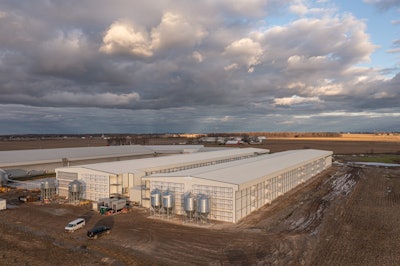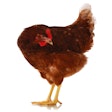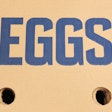
The Rhode Island legislature recently passed a bill that lengthens its cage-free housing deadline from July 2026 to January 2030.
The bill, originally passed in 2018, requires egg producers in the state to meet the 2016 United Egg Producers (UEP) Certified cage-free housing requirements. However, unlike other state’s housing laws, it does not impact eggs or egg products sold in the state that were produced outside of the state.
According to media company Rhode Island Current, only one commercial egg producer in the state still produces conventional eggs: Little Rhody Farms.
Media Outlet the Providence Journal reported that the owner of Little Rhody Farms has not converted yet because it will have to retrofit the entire operation to comply with the cage-free law and is not able get a loan to cover the costs, which would range from US$1 million to US$1.6 million.
"This is not a man who is a diabolical monster trying to make chickens' lives miserable. He is a farmer," stated Rhode Island House of Representatives member Michael Chippendale on Little Rhody Farms. "We have seen our farms disappear at a rapid clip and we can’t lose any more farms.
According to Chippendale, Little Rhody Farms currently has 20 employees, which makes its Foster's largest employer.
The ongoing debate of cage-free housing conversions
Many egg producers have been in similar situations in the last couple of years. For example, Hamilton Eggs LLC, located in Hamilton, Michigan, was forced to decide whether it would spend millions to convert to cage-free production or go out of business after the state passed its housing law.
Additionally, and unsurprisingly, animal welfare groups have written letters to the state’s senates that have delayed implementation of cage-free housing laws, such as Michigan in 2018 and Utah in 2024, and expressed their disagreement with the extensions.
However, the reasoning behind the extensions is not due to a lack of care for animal welfare, but the fact that egg producers are currently working towards converting or deciding if they can invest millions of dollars to make the conversions.
Producers are making these conversions due to state housing laws, like Rhode Island’s, and to satisfy cage-free purchase pledges made by customers who may not even follow through with them.
That situation alone can, and already has, put egg farmers out of business.



















